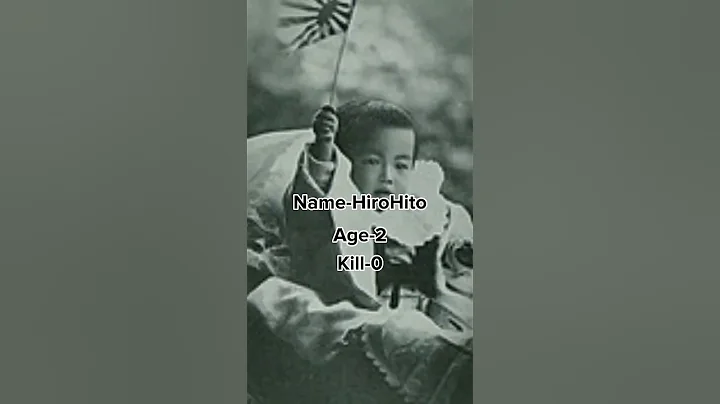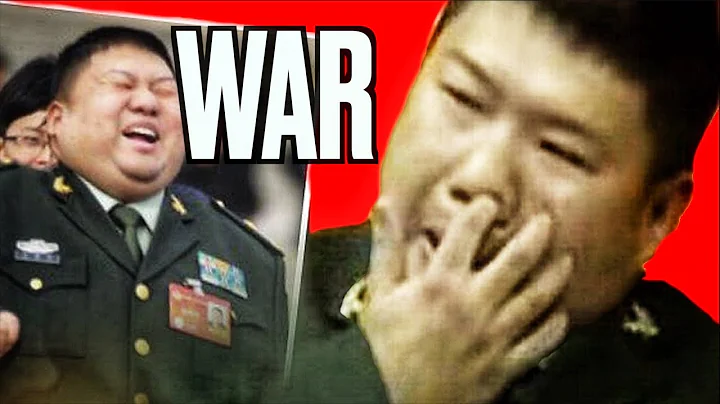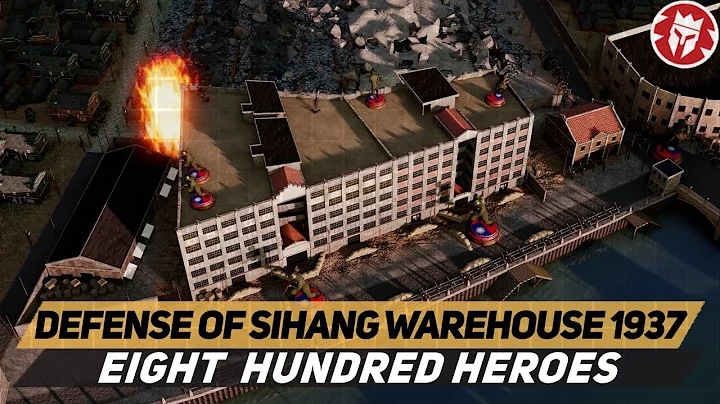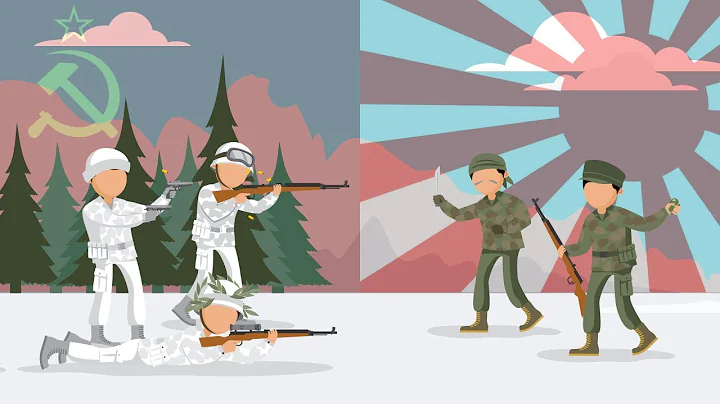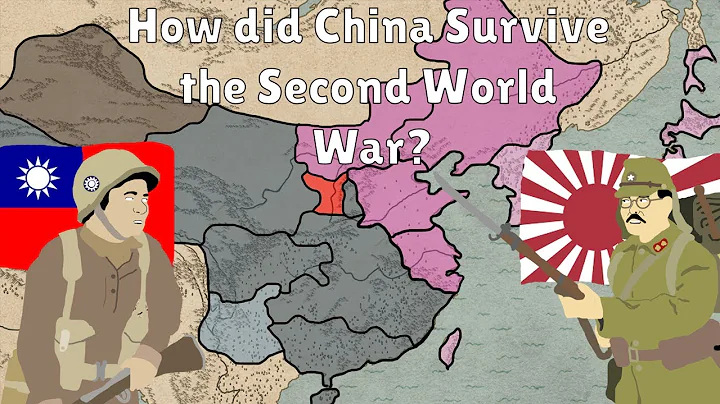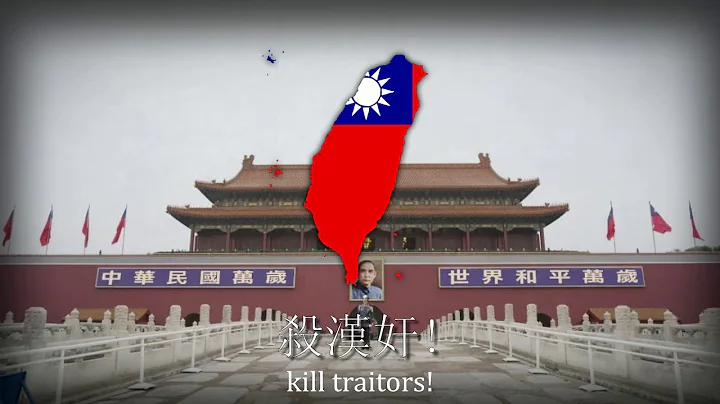
In the winter of 1937, Zuo Quan came to Hongdong County, Shanxi Province with the Eighth Route Army Headquarters. While he was in a hurry to fight, he missed his relatives in his hometown very much. Since joining the revolution, Zuo Quan has not seen his mother for more than ten years. On December 3, 1937, he reported on the current revolutionary situation and work status in a letter home to his mother.

Zuo Quan
Zuo Quan and other communists realized that "the failure of the Anti-Japanese War was not due to the inability of the Chinese army to fight, not to the lack of our weapons, or to the small number of our troops, but to mistakes in strategic and tactical command and mistakes in government policies." , it was the Kuomintang government’s own problems that caused the crisis of China’s war of resistance. From this point of view, "the future of the war of resistance is dark and tragic." So, what should the Communists do? At the critical moment of national subjugation and genocide, "we must persist to the end" and not only "urge the government to gradually change its policies" but also mobilize the people. Zuo Quan hopes that the people in his hometown of Hunan will awaken greatly, "organize and arm themselves, and become a powerful force in the war of national liberation and freedom." At the end of the letter home, he wrote:
After we were reorganized into the National Revolutionary Army, the authorities were still harsh on us, but all our officers and soldiers had a determination. For the benefit of the nation and the country, there was not a single copper in the past, and there is still not a copper in the past. , prepare to not need a piece of copper in the future. I have eaten grass in the past, and I am going to eat grass again.
The sentence "I've eaten grass in the past, I'm going to eat grass again" sounds heroic and moving when I read it. Zuo Quan was a senior general of the Chinese Workers' and Peasants' Red Army and the Eighth Route Army. He participated in the Long March. After the outbreak of the National War of Resistance, he served as the deputy chief of staff of the Eighth Route Army and the chief of staff of the forward headquarters. On May 25, 1942, he died heroically in a battle with the Japanese army in Liao County, Shanxi Province. He was 37 years old. Communists do revolution without seeking promotion or wealth, and are not afraid of hardship or death. They do it for the independence of the country and the liberation of the entire nation. The officers and soldiers of the Red Army at that time still persisted in the belief of "following the Party wholeheartedly" despite the hardships of "the deep mountains and wild caves are my room, the green branches and leaves are my bed, and the sweet potatoes and kudzu are my food." Relying on this spiritual power, the Red Army climbed snow-capped mountains, crossed grassland , ate tree bark and gnawed grass roots, and grew and grew in unimaginable suffering. Facing the iron hoof of the Japanese invaders, Zuo Quan and the soldiers were willing to suffer this kind of hardship again. "Our army not only achieved glorious results on the battlefield in the northwest, but the people of Shanxi and the people of North China are extremely fond of our army. They all shouted, 'The Eighth Route Army is our savior.'" The Communist Party and the Eighth Route Army won the trust and support of the people with their practical actions, which deeply inspired Zuo Quan and strengthened his determination and confidence to save the country and the people and fight to the end. When we re-read this letter from home today, we deeply feel the purity and responsibility of the Communists. They hold ideals and beliefs in mind and move forward in spite of the thorns and bumps ahead.

Red Army Crossing the Grassland Monument
Some people may say that they all came from a difficult background and are just "used to hardship". Let us read again Han Zizhong ’s letter home to his father in May 1939. In the letter, he explained his reasons and determination to leave home and go to the northwest. He wrote:
I demand a reasonable society, so I decided to leave. I can't get used to living such a life of neither life nor death. I know that at least breathing is free in northern Shaanxi. I know clearly that nothing in northern Shaanxi is reactionary.
The northwest is a new land being reclaimed. We should go there and work hard. We must seek our ideals through hard work.
Why shouldn't I leave? I need to learn, I need knowledge, I need a fighting environment, I need to get rid of my attachment and luck, and I need living education.

Han Zizhong
Han Zi was only 17 years old when he rewrote this family letter. His father, Han Renmin, was the deputy commander and chief of staff of the Kuomintang Chengdu Military District at the time. In the eyes of ordinary people, he was born in a superior family, had no worries about food and clothing, and could live a stable life relying on his father's influence. Judging from the photos, he is handsome and handsome, with particularly clear eyes. It is difficult to associate him with the word "revolution". But in order to join the revolution and for the sake of the hundreds of millions of people living in suffering, Han Zizhong decided to abandon his comfortable life and go to northern Shaanxi.He told his father the truth: "The bloodshed on the front line, the debauchery in the rear, the sweat of the majority of toilers, and the enjoyment of the minority of exploiters. With so many bloody stories in front of us, what else do we have to do?" What about observing the changes in the world with a leisurely mind and a superhuman mind? "Although life in northern Shaanxi is difficult, it is free, lively, energetic, full of "living education", and has infinite appeal to him.
In 1939, Han Zizhong joined the Communist Party of China. Due to the road blockade, he went to the third branch of Shanxi Anti-Japanese Military and Political University to study. This is not a whim, nor is it a boy's youthful rebellion, nor is it the life experience of a rich man, but the starting point for a young communist to move towards a revolutionary cause. In 1940, dispatched by the party organization, Han Zi returned to Sichuan and served as the head of the military system of the Sichuan and Kangxi Special Committee of the Communist Party of China, engaging in the party's underground activities. He was unfortunately arrested for betrayal by a traitor in January 1949, and was later transferred to the Zhazidong Prison of the Sino-US Cooperation Institute in Chongqing. He died heroically on November 27 at the age of 27.
sacrificed his life to go to the national disaster, and regarded death as a sudden return. Choosing revolution means "blocking the road to survival and seeking survival from the dead end." Rereading the family letters of the revolutionary heroes, we are filled with emotion. Zuo Quan did not see the day when the Anti-Japanese War was won, and Han Zizhong died at the dawn of the liberation cause. It was the courage of generations of Communists who were not afraid of hardship and worked hard to make a revolutionary spark turn into a prairie fire, and brought about an independent and free New China.
The Communist Party of China has gone through a glorious journey of one hundred years. Open "A Hundred Years of Revolutionary Family Letters" and re-read the family letters and suicide notes left by the heroes. They include not only the final words of heroic sacrifice before their sacrifice, but also the deep concern for their loved ones during work breaks; and the sincere entrustments between parents, brothers and sisters. , there is also mutual encouragement between revolutionary friends on the road to pursuing the truth. The heroes’ firm ideals and beliefs, noble moral sentiments, unswerving revolutionary integrity, and pure love for this land and people have brought us shock and power across time and space.

"Letter from a Century-old Revolutionary"
Today, we are far away from the smoke and war, living in an era of happiness and peace, and embarking on a new journey of comprehensively building a modern socialist country . Drawing spiritual sustenance from the party’s history and advocating and carrying forward the spirit of enduring hardship does not mean that everyone should become “ascetics” and not live in the world, but that we hope to strengthen our ideals in work and life, in the face of difficulties and setbacks, and in the face of major tests. Faith, not afraid of hardship, able to endure hardship, and have the courage to struggle. The medical staff and community workers who insist on fighting the epidemic on the front line, the village cadres who go deep into the front line of poverty alleviation, and the workers who sweat in all walks of life are all good examples around us.
"A Century of Revolutionary Family Letters" contains 100 family letters from 1921 to 2018. The last two letters were written by poverty alleviation cadres Wen Weihong and Yu Yongliu to their families. During her lifetime, Wen Weihong was a cadre of the Enterprise Service Center of the Economic Development Zone Management Committee of Yanhe County, a deeply impoverished county in Guizhou Province, southwest China. On April 25, 2018, he wrote in a letter home to his parents: "Mom, April 21 is your 75th birthday, and your son missed it again. May 14th is dad's 77th birthday, and his son may not be able to I can make it. In the past six years, my son has always missed this beautiful day. Please forgive me. "Compared with being unable to fulfill his filial piety, Wen Weihong is more worried about the work of poverty alleviation, likening it to a noble mission. As for the great battle, he reported his "battle situation" in detail in his letter home, which was described as painstaking and intensive. Unit leader Tong Wenweihong said that since he had been stationed in the village for six years, if he wanted to withdraw, he could be replaced by someone else. But Wen Weihong expressed to the leaders her determination to stay in the village and persist until the day when poverty alleviation is won. He wrote in his home letter: "As a front-line combatant, I am well aware of the hardships of working in the village, but you must also have confidence in your son. I will definitely not disappoint the expectations of my superiors and resolutely complete the combat mission." Unfortunately, On July 22, 2019, Wen Weihong died on the front line of poverty alleviation at the age of 45. The Guizhou Provincial Committee of the Communist Party of China posthumously awarded him the title of "Outstanding Communist Party Member of the Province".
On the occasion of the Party Founding Day, re-read the letters of the revolutionaries, remember the martyrs, and keep the mission in mind.The revolutionary heroes poured their loyalty with their blood, wrote their great love with their lives, and had the courage to take on responsibilities in the face of difficulties. This is the important cornerstone for the party's continuous victory in leading the revolutionary cause. Drawing wisdom and strength from history, working hard and guarding against arrogance and impetuosity, our revolutionary cause will surely move from victory to victory.



[Print Zhonghua Book Company ] "Letters of Centenary Revolutionaries"
(Coordinator: Lu Li; Editor: Bai Xinhui)
